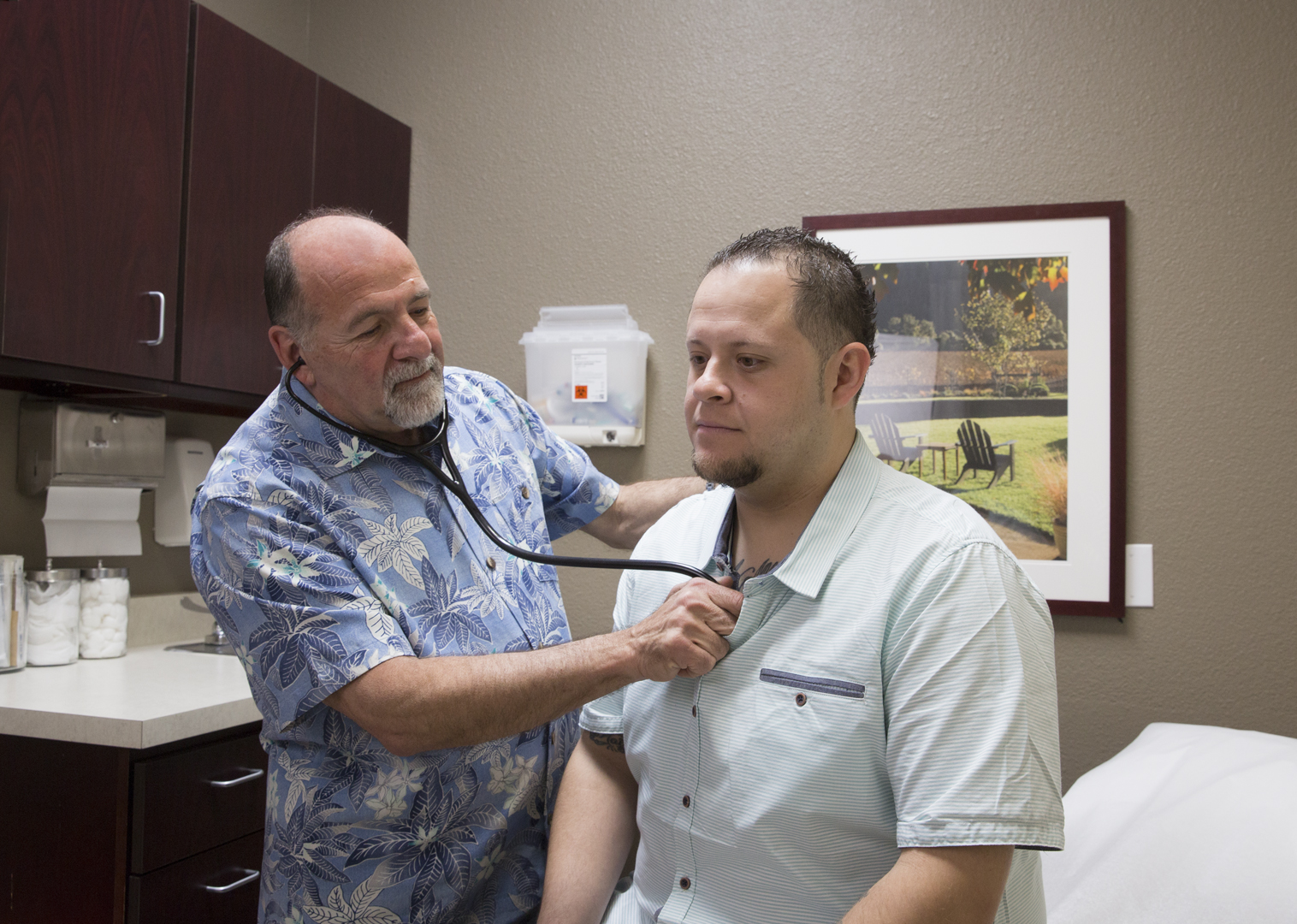
When was the last time you saw your doctor? For most people, it was the last time they were sick or had some sort of physical issue. Going to the doctor is usually the answer to some sort of problem that has recently cropped up.
But what if we told you that going to the doctor consistently and frequently, even when you feel perfectly fine, could actually help prevent future health issues? Would you go more often?
Even for those who are “healthy” and have “nothing wrong” with them, recurrent trips to the doctor’s office can mean the difference between catching something early – like high blood pressure or even cancer – or finding out too late.
So how often should you see your doctor?
One Size Does Not Fit All
The answer parroted most often is everyone should get a yearly physical or checkup – and it’s good advice. Even if your trip to the doctor’s office only results in a good bill of health, it’s good to let them make sure that there’s nothing going on that may require more attention.
“It’s important to see your primary care provider regularly to catch small problems before they become big problems,” said Dr. Kenny Grier, a Heritage Victor Valley Medical Group provider. “It can also be helpful in dealing with difficult, long-term health goals like quitting smoking or weight loss.”
But the national average for visits to the doctor is four times a year because some people need more medical attention, like:
- Babies, who visit the doctor several times during their first couple years of life and average nine visits a year.
- Children, ages 5 to 15, usually go a couple times a year, as needed.
- Pregnant women see the doctor every four to five weeks, or even weekly depending on how far along they are.
- People with high blood pressure, who are undergoing dialysis or who have a more serious condition will see their doctors far more frequently.
Why Go If I Feel Fine?
If there’s nothing wrong with me, why waste my time and money to see the doctor and have them tell me I’m fine? Because there may be something wrong with you that you can’t sense.
One-third of all heart attack victims have no advance warning. Hypertension is rarely noticed until it is significantly advanced. And strokes can be caused by a blockage that’s undetectable to the naked eye.
But symptoms like high cholesterol and high blood pressure are warning signs that doctors look for during checkups because they can signal more severe issues. Waiting until there is a reason to go to the doctor’s office wipes out the chance for them to detect health problems early on that could save your life.
Get The Most Out Of Your Visit
By now you should be convinced to schedule that appointment, and you’re going to want to get the most out of your visit. So make sure you come prepared to maximize your time with your doctor:
- Make a list: You don’t go to the grocery store without a list of what you need to get, so why would you go to the doctor’s office without a list of questions you want to be answered? By taking the time to write down the topics you want to discuss – like that lower-back pain you’ve been feeling at night or the mole that seems to have gotten bigger – you’ll ensure that you don’t forget anything. And don’t be embarrassed or shy about asking something, your doctor is there to serve you!
- Ask about age-related tests: As we get older, our bodies change and the exams and procedures we need to change with them. Make sure to ask your doctor what tests someone your age needs to consider – like cervical cancer screening tests for women 21 and older or colonoscopy for people over the age of 50 – and schedule them before you leave the office.
- Keep track of your health: A health journal is a great way to document the tests, procedures, and surgeries you have over the years, as well as any illnesses that your immediate family members may have developed or new allergies or medications you’re taking. It not only helps keep you informed but also can be extremely beneficial when you visit a new doctor or specialist, and they start asking questions about your medical history.
Heritage Victor Valley Medical Group (HVVMG) offers its members award-winning coordinated care with a speedy referral system. HVVMG has 45 primary care physicians. They also have a panel of two hundred medical specialists across Southern California’s High Desert, as well as the mountain communities. HVVMG is dedicated to a spirit of excellence and has a locally based members service team. HVVMG is part of the Heritage Provider Network.



